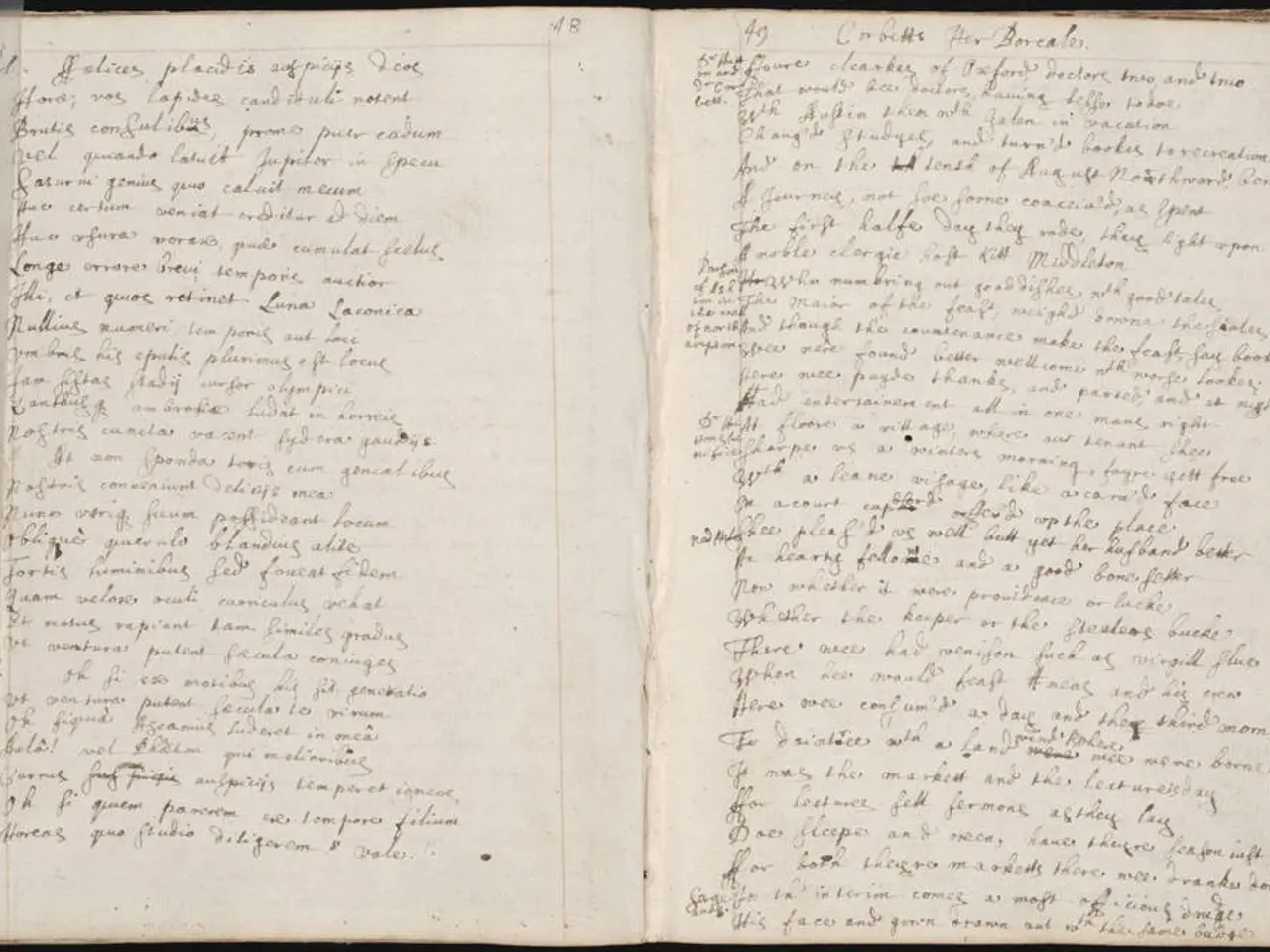Exploring the Legal Complexities of Open Source Technologies and Patent Rights
=================================================================================================
Open source and patents, two seemingly contrasting concepts, are increasingly intertwined in the world of technology. This symbiotic relationship fosters innovation and collaboration, creating an environment for accelerated technological advancements.
What are Patents and Open Source?
Patents are legal protections granted for inventions, providing the patent holder exclusive rights to utilize their innovation for a specific period. On the other hand, open source refers to software or projects that allow users to view, modify, and distribute their source code freely, fostering innovation and collaboration.
The Role of Patents in Open Source
Patents can serve as a protective measure or a hindrance to open source development. However, they can also encourage collaboration within open source projects by providing legal reassurance, encouraging developers to contribute their innovations without fear of infringement.
The Legal Framework
The legal framework surrounding open source is primarily defined by licensing agreements that dictate how software can be used, modified, and distributed. Open source licenses commonly include patent clauses that grant users a license to any patents held by contributors related to the software or require contributors to refrain from asserting their patent rights against other community members.
Popular licenses like the Apache License 2.0 explicitly provide a patent license to users, protecting them from patent claims as long as they comply with the license terms. Other licenses, such as the GNU General Public License (GPL) version 3, include patent provisions that prohibit patent lawsuits by contributors but may rely on broader or less explicit language, potentially leading to variable legal interpretations by jurisdiction.
Navigating Patent Law in Open Source
Navigating patent law in open source requires strategic planning. This includes conducting thorough patent searches, utilizing open-source licenses effectively, engaging in community collaboration, and seeking legal counsel specializing in patent law.
The Future of Open Source and Patents
As global patent regimes face scrutiny, there may be a shift towards more flexible frameworks that recognize the benefits of open-source methodologies, potentially leading to new forms of licensing. The future of open source and patents may see a more symbiotic relationship, with open-source licensing increasingly incorporating patent rights to safeguard innovations while promoting sharing.
The Benefits of Open Source and Patents
Effective protection of innovations within open source not only fosters creativity but also enhances the overall development of technology. By providing exclusive rights, patents can complement open source initiatives by ensuring certain innovations remain protected, encouraging developers to share their work openly. This, in turn, fosters community engagement, nurturing an inclusive atmosphere for diverse perspectives.
In summary, the intersection of open source and patents presents a complex yet beneficial relationship. By understanding the legal framework and navigating patent law strategically, developers can harness the power of open source while protecting their innovations. This, in turn, can lead to increased innovation, collaboration, and technological advancements.
[1] Open Source Initiative. (2021). Open Source License Review Guide. Retrieved from https://opensource.org/osl-review-guide
[2] Black Duck Software. (2020). Open Source Risk Report. Retrieved from https://www.blackducksoftware.com/resources/open-source-risk-report
[3] Software Freedom Law Center. (2021). Open Source Licensing. Retrieved from https://www.softwarefreedom.org/resources/licensing/
This article is intended to provide general information and guidance on the topic. It is not intended to replace legal advice from a qualified professional.
Read also:
- MoneyGram's Investment in 'Drive to Survive' Yielded Results?
- Expensive Fix for Owner's 392-Mile Lucid Air: Lucid Motors Asking for $7,000
- METABORA and Baligames Join Forces for the Launch of a Web3-Based Puzzle Role-Playing Game
- Apple Faces Criticism by Elon Musk: AI Advancements Blocked for Superiority Over OpenAI




